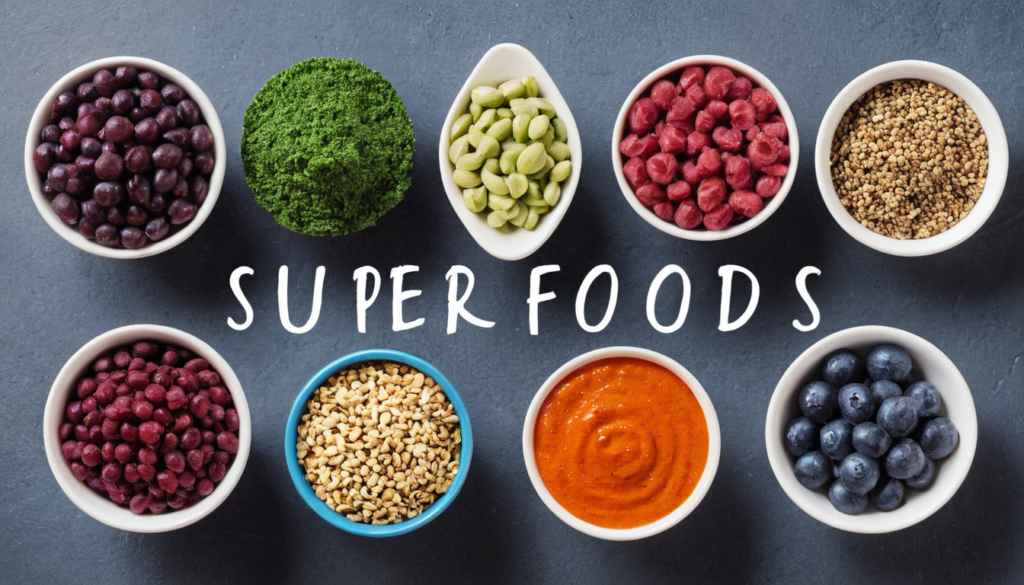The human gut is home to trillions of microorganisms that play a crucial role in our overall health. These microorganisms, collectively known as the gut microbiome, influence everything from digestion to immune function, and even mental health. One effective way to nurture and maintain a healthy gut microbiome is through the consumption of fermented foods. This article explores what fermented foods are, their benefits for gut health, and how to incorporate them into your diet.
What Are Fermented Foods?
Fermented foods are products that have undergone a process of fermentation, where natural bacteria, yeast, or molds convert sugars and starches into alcohol or organic acids. This process not only preserves food but also enhances its nutritional value and flavor. Common examples of fermented foods include:
- Yogurt
- Kefir
- Kimchi
- Sauerkraut
- Miso
- Kombucha
- Tempeh
- Natto
Benefits of Fermented Foods for Gut Health
Fermented foods offer several health benefits, particularly for your gut microbiome. Here are some of the key advantages:
- Improved Digestion: Fermented foods contain live probiotic bacteria that aid in digestion. They help break down food more efficiently, facilitating nutrient absorption and reducing digestive discomfort.
- Enhanced Nutrient Absorption: The fermentation process can increase the bioavailability of nutrients, making vitamins and minerals easier for the body to absorb.
- Balancing Gut Bacteria: Consuming fermented foods introduces beneficial bacteria into the gut, helping to maintain a healthy balance between good and bad bacteria. This can reduce the risk of gastrointestinal conditions.
- Strengthened Immune System: A healthy gut microbiome is associated with a robust immune response. Fermented foods can help modulate immune activity and may even lower the risk of infections.
- Potential Mental Health Benefits: There’s emerging evidence that a healthy gut microbiome may influence mental health through the gut-brain axis. Some studies suggest that probiotics from fermented foods may help alleviate symptoms of anxiety and depression.
How to Incorporate Fermented Foods into Your Diet
Incorporating fermented foods into your diet can be easy and enjoyable. Here are some practical tips:
- Add yogurt or kefir: Enjoy yogurt with breakfast or as a snack, and use kefir in smoothies or salad dressings.
- Use fermented vegetables: Add kimchi or sauerkraut as a side dish to your main meals, or mix them into salads or grain bowls.
- Drink kombucha: Choose kombucha as a refreshing beverage. It comes in various flavors and can be a healthier alternative to sugary drinks.
- Cook with miso: Use miso in soups, marinades, or salad dressings for added depth of flavor and nutrition.
- Experiment with tempeh: Use tempeh as a protein source in stir-fries, sandwiches, or salads.
FAQs About Fermented Foods
1. How often should I eat fermented foods?
While there’s no specific rule, incorporating fermented foods into your daily diet in moderation can support gut health. Most health professionals recommend consuming them a few times a week.
2. Can I make fermented foods at home?
Yes! Many fermented foods like yogurt, sauerkraut, and kombucha can be made at home. DIY ferments allow you to control ingredients and flavors and can be a fun and rewarding process.
3. Are fermented foods safe for everyone?
Most people can enjoy fermented foods safely. However, those with certain health issues, like weakened immune systems or specific food intolerances, should consult with a healthcare professional before introducing them into their diet.
4. Are there any side effects from consuming fermented foods?
Some individuals may experience bloating or gas when consuming fermented foods, particularly if they are not accustomed to them. Start with small portions and gradually increase your intake to allow your body to adjust.
Conclusion
In conclusion, fermented foods are a delicious and healthful addition to any diet, particularly for those looking to improve their gut microbiome. With their myriad benefits—including improved digestion, enhanced nutrient absorption, and potential mental health support—these foods deserve a prominent place on your plates. As you experiment with this food category, remember that balance and variety are key to achieving optimal gut health. Start small, explore different options, and enjoy the journey to a healthier you!



